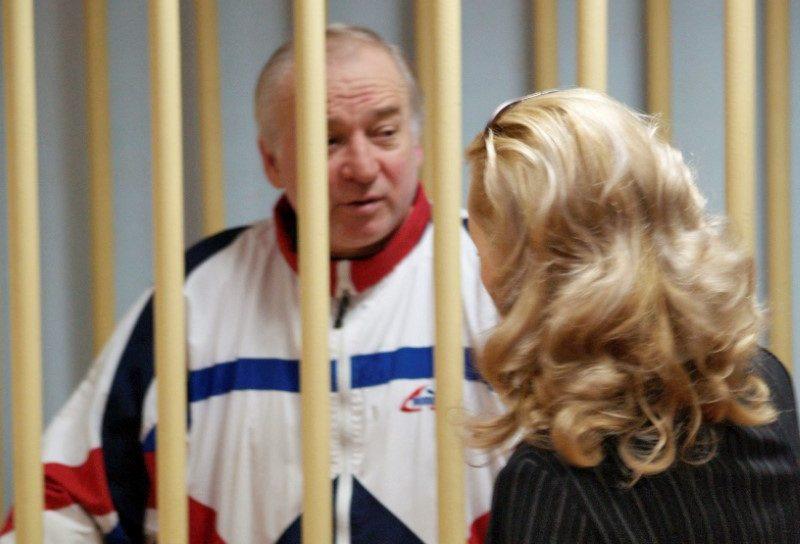LONDON–Former Russian spy Sergei Skripal is no longer in a critical condition and his health is improving rapidly, more than a month after he was poisoned with a nerve agent in England, the hospital treating him said on Friday.
Skripal, 66, who as a colonel in Russian military intelligence betrayed dozens of agents to Britain’s foreign spy service, was found slumped unconscious on a bench in the city of Salisbury along with his daughter Yulia on March 4.





